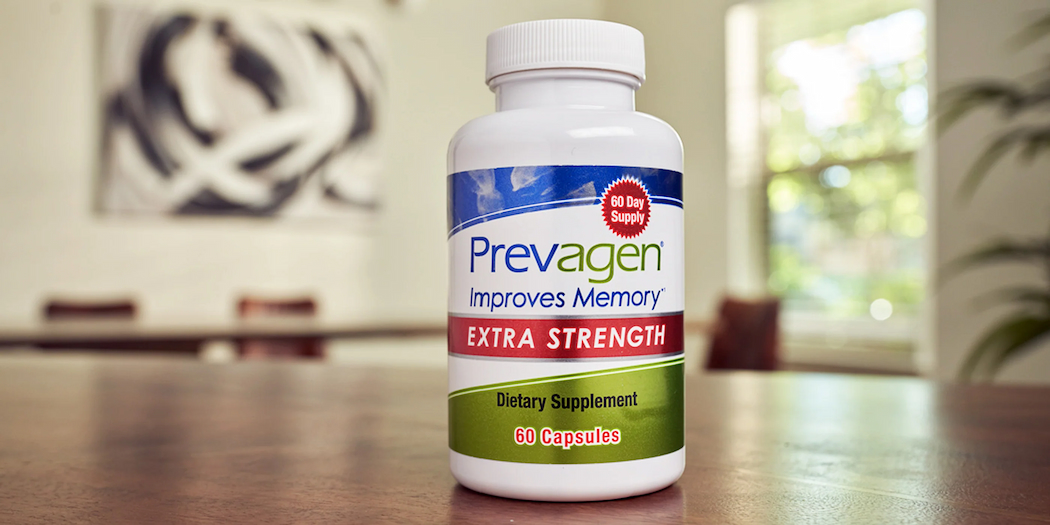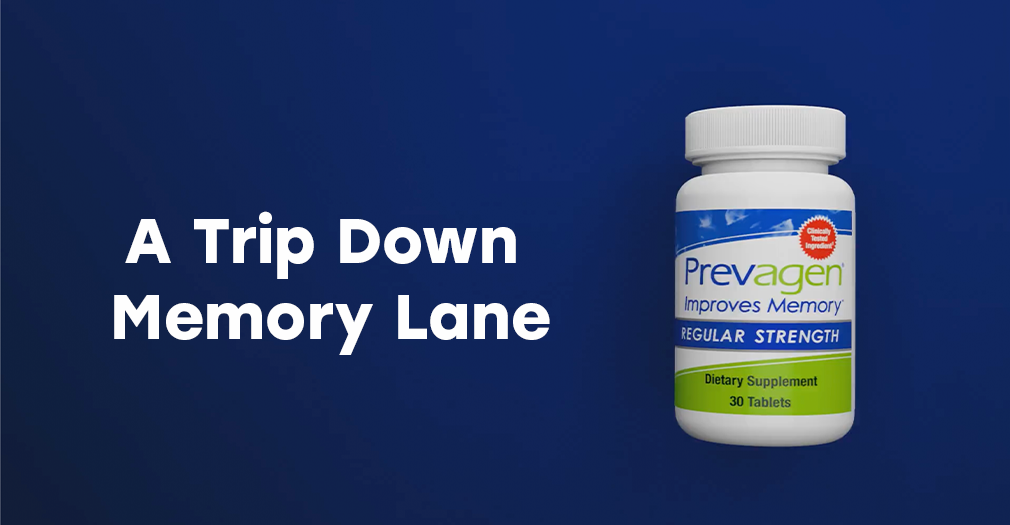
TINA.org Joins Consumer Advocates to Keep FTC Bipartisan
Why agency independence is in the best interests of consumers.
TINA.org continues to support FTC, New York in federal court.
| Laura Smith
In the 10 years since TINA.org started investigating Prevagen’s marketing, a lot has happened: TINA.org filed a complaint with the FTC flagging deceptive and unsubstantiated memory-improvement claims used to market the purported brain supplement; the FTC and state of New York later sued Quincy Bioscience, the marketer of Prevagen, for deceptive marketing; the case went to a jury trial; a jury determined that the company lacked support for its memory-improvement claims; the New York district court ordered Quincy to immediately remove the memory statements from its marketing; and the company appealed the decision.
The latest episode in this ongoing consumer protection saga came last week when TINA.org, along with First Amendment Harvard law professor Rebecca Tushnet and UC Berkeley’s Center for Consumer Law & Economic Justice, filed an amici curiae brief (and accompanying motion for leave) supporting the FTC and New York in their battle to end the deception that targets millions of aging Americans concerned about memory loss.
In its brief, TINA.org explained the various harms that would ensue if Quincy has its way and is permitted to continue marketing Prevagen as a memory-improvement solution – the harm to consumers (including monetary loss, as well as harm suffered as a result of forgoing therapies that might be beneficial); the harm to honest competitors (by lying to consumers about the effects of its products, Quincy has been able to gain an unfair marketplace advantage); and the harm to the economy (allowing deceptive behavior to go uncorrected impairs the efficient allocation of resources).
TINA.org also laid out for the court the history of Prevagen’s marketing. And in doing so, pointed out Quincy’s penchant for inaccurate statements.
For years, the company has been telling consumers that Prevagen is clinically shown to improve memory despite the fact that its study found that Prevagen worked no better than a placebo. But the falsehoods don’t end with its statements to consumers. In its appellate brief, Quincy also made a false representation to a federal appellate court, stating that “Prevagen’s target market is, and always has been, healthy, community-dwelling adults who are cognitively normal or who have mild cognitive impairment due to the normal aging process.”
But that’s not true at all. In fact, in 2012, the FDA sent the company a warning letter stating that Prevagen was being inappropriately promoted as an unapproved new drug because of its reference to medical conditions in marketing materials, like the following:
Prevagen will restore for you the lost protein so that you can gain your dignity back…. Alzheimer’s disease is a heartache on any family. Dementia is tough to be around people that have dementia, let alone have it yourself. Prevagen gives you back your dignity and gives you back the proteins that are so precious that we use. No side effects whatsoever, doesn’t matter what drugs you’re on, this is a safe natural supplement.
My mother died of Alzheimer’s disease…. I thought it was happening to me being too forgetful and so on. When I heard the commercial and them talking about this [Prevagen], it’s the first product that I’ve ever ordered this way…. It proved to be very helpful…in a very short time…. This is the first product I guess I’ve probably ever used that I could absolutely say it’s miraculous for the short time I’ve been on it. I know my thinking and everything is more clearer and so on, just like it says.
[Prevagen is the] first and only dietary supplement that … protects the brain cells from death…. If you do just take one supplement, this may be the one to consider to protect and preserve your brain.
In light of Quincy’s long history of lying to consumers, some might think the company’s false statement to the court was purposeful. But it’s at least plausible – given that Prevagen is no better than a sugar pill at improving memory – that Quincy simply forgot! Forgot that it used to hone in on consumers’ fears about developing dementia and Alzheimer’s disease for its own monetary gain. Forgot that a federal regulatory agency sent it a warning letter notifying it of its use of unapproved drug claims.
In the end, whether Quincy’s misrepresentation was deliberate or just a lapse in memory, one thing remains clear: the court must hold the company accountable to ensure that science, not deception, guides what consumers are told about their health.
Stay tuned for more developments in this pending appeal.
Why agency independence is in the best interests of consumers.
These brand collabs are far from fab.
Eight years after TINA.org alerted regulators, supplement ads continue to convey deceptive and misleading memory improvement claims.


